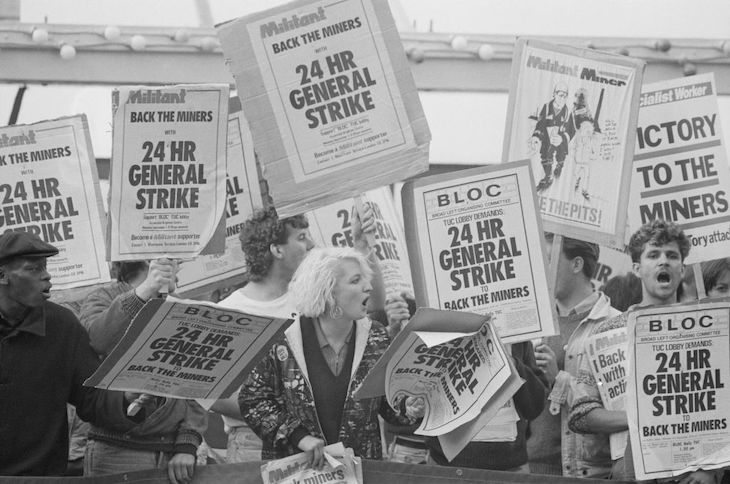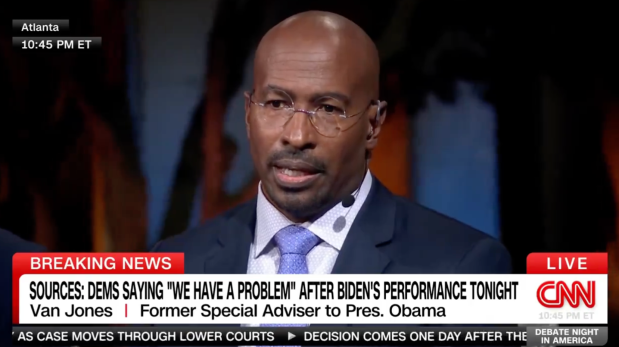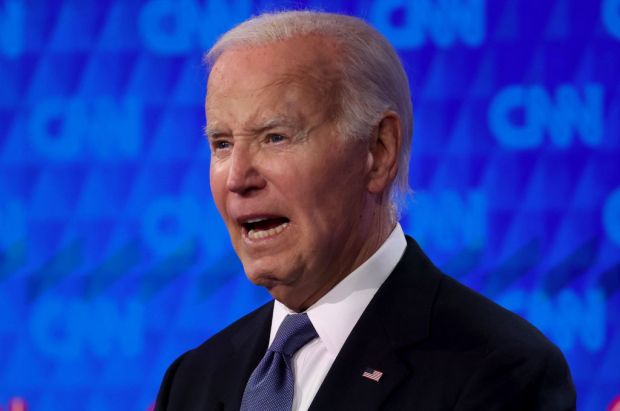The miners’ strike has struck again. It’s the fortieth anniversary of the protracted dispute of 1984-85, which means that you have to be about my age (55) to have had anything approaching an adult understanding of it at the time.
The same old footage, the same old talking points, the same old grievances, excuses and myths regurgitated yet again
As you get older, and time speeds up to a quite ridiculous and frankly unacceptable degree, anniversaries start to whip by like stations on a non-stopping train.
Already a subscriber? Log in
Subscribe for just $2 a week
Try a month of The Spectator Australia absolutely free and without commitment. Not only that but – if you choose to continue – you’ll pay just $2 a week for your first year.
- Unlimited access to spectator.com.au and app
- The weekly edition on the Spectator Australia app
- Spectator podcasts and newsletters
- Full access to spectator.co.uk
Or




















Comments
Don't miss out
Join the conversation with other Spectator Australia readers. Subscribe to leave a comment.
SUBSCRIBEAlready a subscriber? Log in